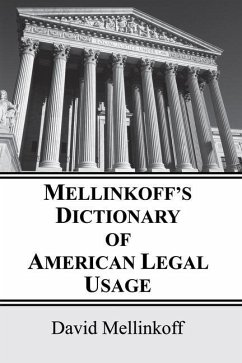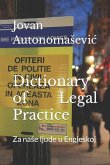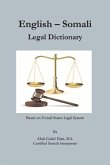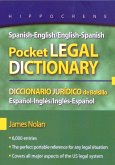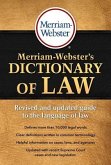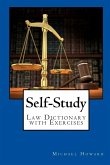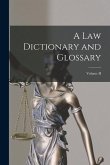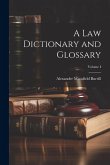This is a dictionary of the language of the law as used in America today. Most of this dictionary is written in ordinary English. Most of the words that lawyers use in writing and talking about the law are the ordinary words that fill the dictionaries of the English language. They have a place in this dictionary when the law gives them a specialized sense; or to emphasize that there is none. Too often an apparent change in sense results not from the law but from bad grammar or redundancy; or from an unsorted host of possible meanings jumbled together and left to the vagaries of interpretation. At the other extreme, individual cases, each walled in by its own distinctive facts and law, may give an immaculately narrowed sense, but neither generalized definition nor standards for the gradation of sense that is the essence of clear usage. A small number of citations to cases of special relevance to word usage are included in this dictionary. The citation count does not measure the indebtedness of this dictionary to old and current sources of American legal usage. The definitions and examples of usage in this dictionary have roots in the law reports of thousands of litigated cases; in law writings formal and informal, profound and trivial; in the talk of lawyers and judges in court and out--the formal and the informal--colloquial and slangy, talk that is precise and talk that is mush; in a long line of dictionaries past and present--law dictionaries, and dictionaries of English and its usage. Drawing from all those sources, the definitions and examples are shaped by more than a half-century of personal immersion in the oral and written language of the law, as law student, practicing lawyer, professor, and writer. And something has been added. This dictionary is designed to sort out the words used in the law, and to identify the different senses in which each is used, and can be used. With cross-reference, it tells how words are related to each other and separated for each other, so that discrimination and choice of usage are possible. Words are grouped together as identical, similar, disparate, departing from or paralleling the usages of ordinary English. Where usage is not uniform, the dictionary comments on what is better, best, and worst. The dictionary concentrates on general legal usage for a profession practicing in the American common law tradition . . . The dictionary does not detail the multitude of other jurisdictional variations, but calls attention to the fact of variation. Although the distinction is often difficult to make, this is a word dictionary, not a short legal encyclopedia. Technicalities in general legal usage are included, but not the intricacies of learning in specialized fields of the law. There is no standard legal pronunciation. Pronunciation is included here when it is unusual, exotic, controversial, or needed to prevent confusion. Pronunciation is rendered in simplified phonetics. American law dictionaries go back to 1839. This one is new and different. --David Mellinkoff, from the Preface
Hinweis: Dieser Artikel kann nur an eine deutsche Lieferadresse ausgeliefert werden.
Hinweis: Dieser Artikel kann nur an eine deutsche Lieferadresse ausgeliefert werden.

